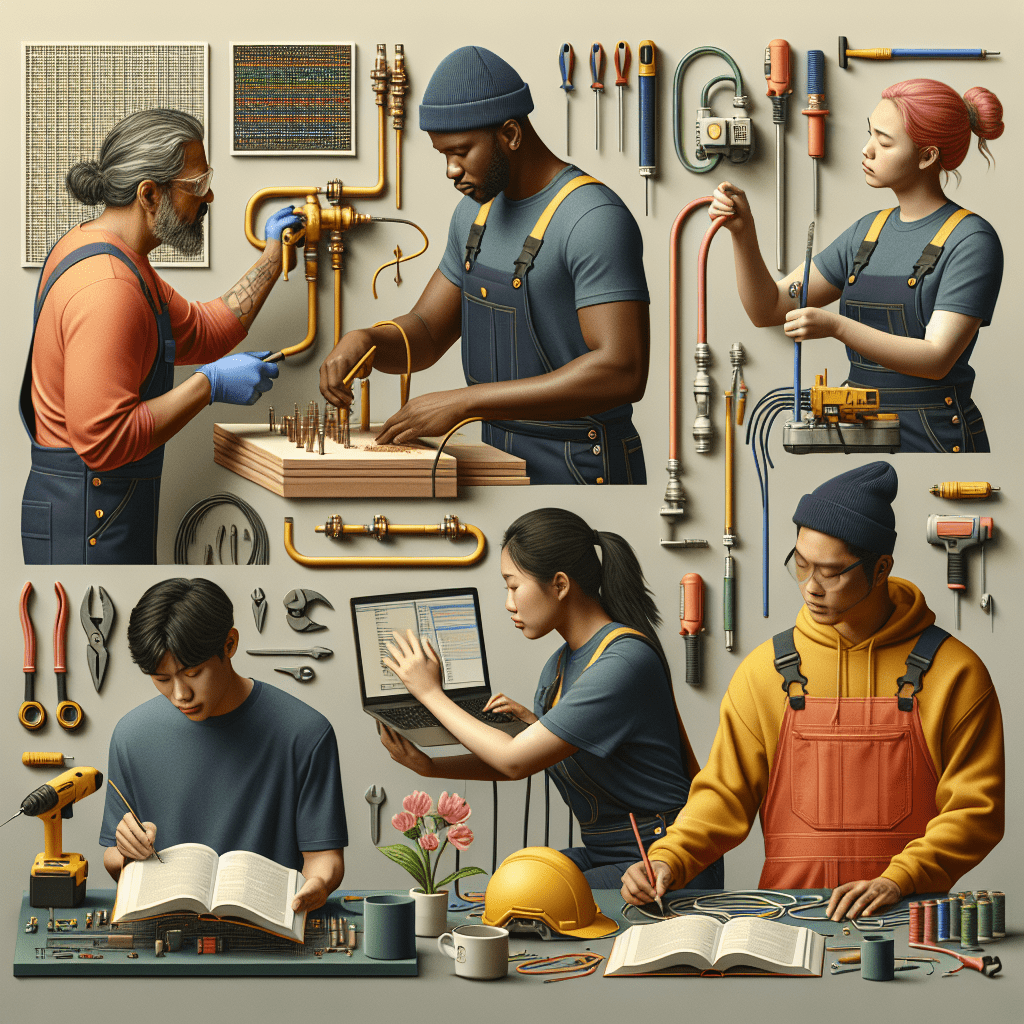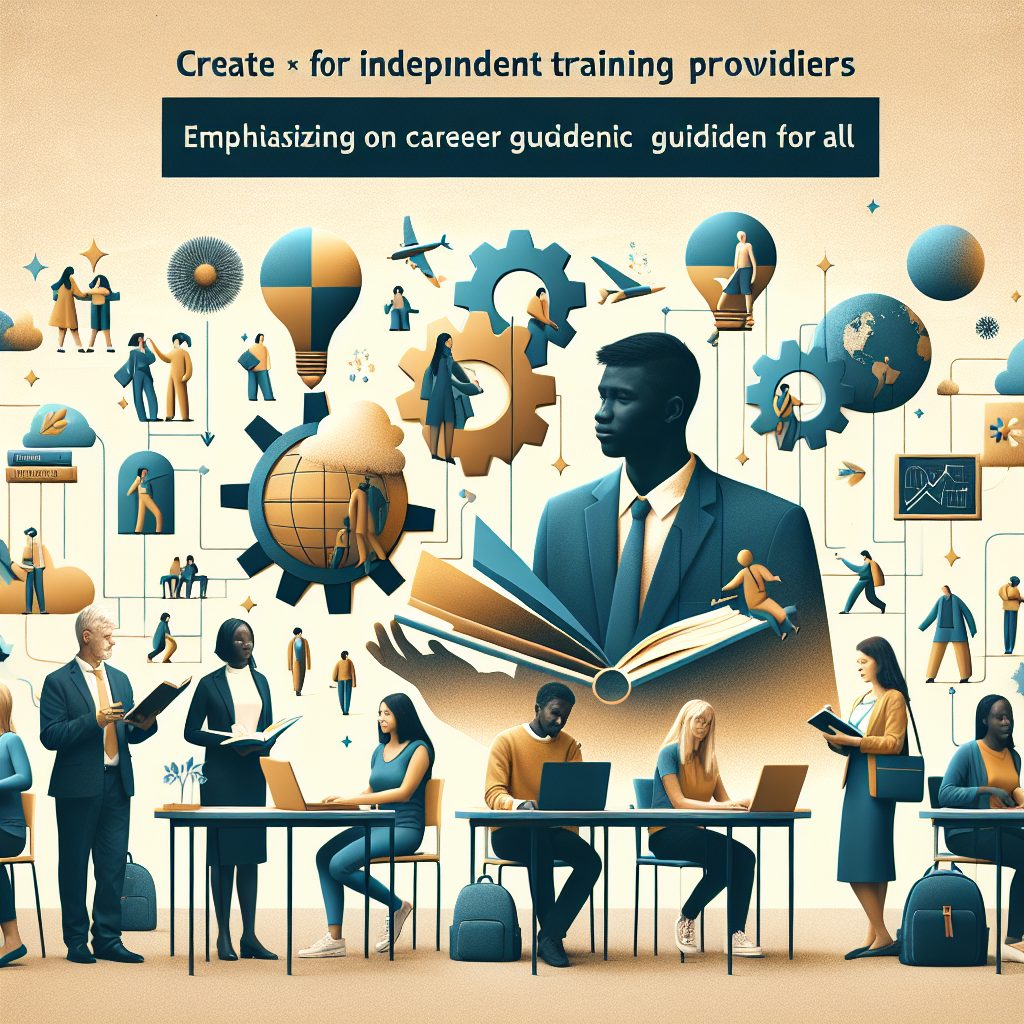
Embracing Change: The Future of Vocational Education Through Short Courses

Why Short Courses Could Revolutionise Vocational Education in 2026
Let me start by saying this: if you think traditional education is the only way to build a successful career, you’re in for a surprise. Short courses are coming, and they’re about to shake things up in our vocational landscape. By 2026, I genuinely believe we’ll see a tremendous shift that not only addresses the skills gap but also makes learning more accessible and relevant for everyone.
What’s the Big Deal About Short Courses?
We’ve been discussing the skills gap for years now, haven’t we? It’s like the elephant in the room that everyone walks around but no one really knows how to deal with. The Government’s newfound focus on short courses feels like a breath of fresh air. It offers us a chance to close that gap in real time, providing practical skills that can be applied immediately. Short courses are not just a trend; they are the future.
These courses are designed with flexibility in mind. Imagine trying to juggle a job and furthering your education – it can feel impossible! But short courses are tailored for those of us who lead busy lives. They allow you to dip your toes into learning without the commitment of a full-time degree. Ideal, right?
What Are the Benefits?
Let’s break it down with a few key benefits:
- Flexibility: Short courses fit around your schedule. Whether you work full-time or have family commitments, these courses can accommodate you.
- Rapid Upskilling: Businesses can swiftly equip their teams with the skills they need, enhancing their overall productivity. A win-win for employers and employees!
- Targeted Learning: Think about it: these courses can be designed to meet specific industry demands. No fluff, just practical skills that matter.
At City Skills, we’ve seen the spark that comes from focused, shorter learning paths. I remember a student who arrived uncertain and unsure. Within weeks, they’d transformed, ignited by a newfound passion for their chosen field. That’s the power of short courses — they can ignite a fire in just a matter of days.
Which Skills Will Be the Focus?
Now, here’s a cheeky question for you: what skills do you think will be prioritised in these courses? As industries evolve rapidly, so will the skills we need to thrive. Tech skills, digital marketing, project management, and even soft skills like communication will all be on the table. We live in an era where the pace of change is dizzying, and these courses will ensure we keep up.
Education isn’t just about learning; it’s about adaptation. We can’t cling to outdated models that don’t serve us anymore. It’s about preparing ourselves for an ever-evolving job market. The future is bright for those willing to embrace change and learn in bite-sized chunks.
A Personal Note on Lifelong Learning
Here’s a little personal insight: I’ve always been a fan of lifelong learning. I remember when I first tried my hand at sailing. I took a short course over a weekend, and it completely changed my outlook. Not only did I gain a new skill, but I also discovered a passion for the sea that I never knew existed. That’s the beauty of short courses — they can lead you to unexpected places.
So, as we look ahead to 2026, keep an open mind about your own learning journey. Short courses will reshape vocational education, making it more relevant, flexible, and exciting.
Are You Ready to Embrace Change?
As I sip my coffee, I can’t help but wonder: how will you adapt to the changes in education? The future may seem uncertain, but one thing is crystal clear: embracing short courses could be your ticket to unlocking new opportunities. Let’s talk about it. What skills are you interested in developing?





